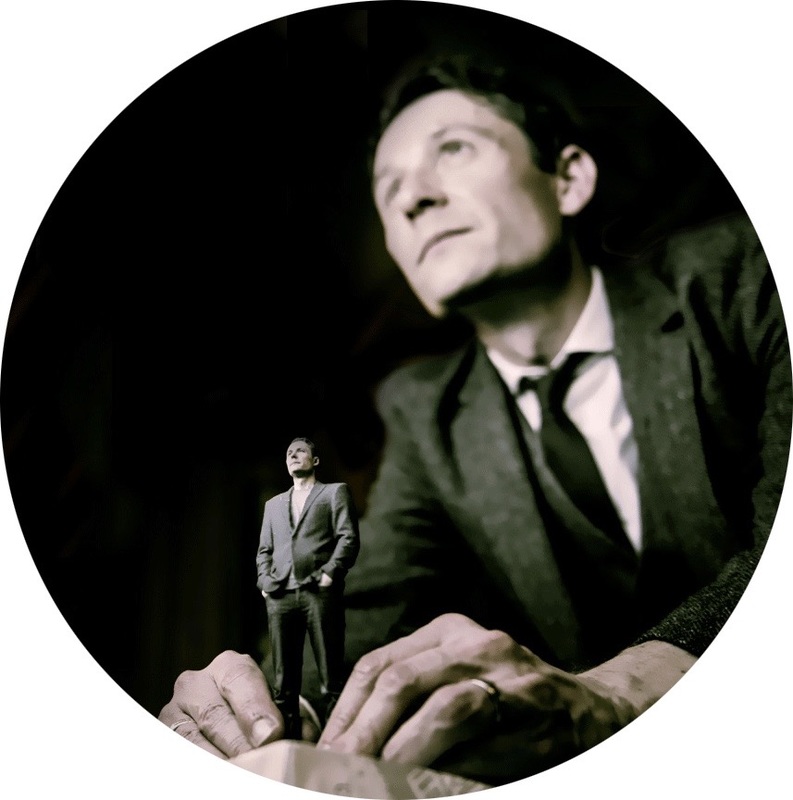|
Announcing the publication of our Special Issue, which explores the Postdigital Learning Spaces of Higher Education. The ‘our’ is myself, Lucila Carvalho, Michel Gallagher and Jeremy Knox. We’ve been working on this since summer 2020 therefore it’s nice to see the editorial and articles now available. We’ve been supported by Peter Jandrić who, as Editor-in-Chief for Postdigital Science and Education, has done a great job in keeping us on track, as well as smoothing the way for articles to be published soon after they’ve been completed.
Guest editing a Special Issue has been a new and positive experience for me. I’ve previously contributed to these publications from the author’s perspective, however it has been interesting to instead be involved in conceiving the ambition, writing the call for papers, reviewing manuscripts, liaising with authors, and then finally penning the editorial. I’ve been particularly helped in this by Lucila Carvalho, with our 7am Edinburgh/7pm Auckland meetings being a valuable source of guidance and sense-checking. Alongside Lucila, and as the editorial notes, Peter Goodyear, Lesley Gourlay and Jos Boys have done a great deal to establish higher education learning space as a site of critical research, therefore it has been nice to work with these researchers as colleagues, rather than simply referencing their work as before. In addition, Kati Fargo Ahern and Stephanie Wilson have contributed pieces that align with my interest in sound, while Magda Pischetola, and Dewa Wardak, Carmen Vallis and Peter Bryant have explored the sociomateriality of learning spaces. And I’ve been newly introduced to Jenny Green and Annelies Raes whose work has given me a wider and richer perspective on the relationship between digital technologies and learning spaces. Across the nine articles collected together within our Special Issue, the authors offer a range of philosophical and empirical takes on contemporary learning spaces and practices at a point when digital technologies have become woven through the fabric of higher education and society. And of course, as this Special Issue has taken shape, the relationship between technology and space and teaching has particularly come to the fore amid the imposed conditions of lockdown and the inaccessibility of many conventional classrooms. In our editorial we argue that, for all the challenges and disruption that Covid-19 has brought, it has also provoked a moment of reckoning where we have been able stop and think about the kind of university we desire. The different articles in this Special Issue suggest what this might be, and suggest how we might begin to realise it through the configuration of space, pedagogy and technology.
0 Comments
Leave a Reply. |
Search categories
All
I am a Lecturer in Digital Education (Education Futures), within the Centre for Research in Digital Education at The University of Edinburgh.
@james858499 [email protected] |
